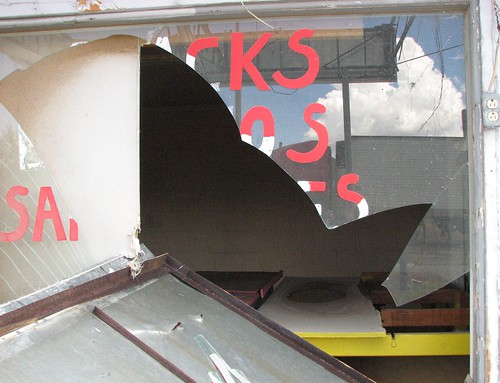
The Withholding
In my mind Isaac was a child when his father, Abraham, walked him up the mountain, bound him to the altar, and drew his knife to offer his son in sacrifice to God. Isaac was a child in my mind because I was a child when he was given to me in an illustrated edition of the Bible, which I read—alongside other books given to me, collections of nursery rhymes, books about insects and stars and animals of the sea—in the space on my bedroom floor between the bed and the set of windows that afternoon when the sun made a warm square altar of light to read by in solace.
I was in my father’s house. I was alone, transfixed on the passage again: Isaac’s father laid the wood for the holocaust on Isaac’s shoulders, he laid the wood in order, he laid his son on the wood of the altar and drew his knife.
The angel’s intervention didn’t interest me. The child’s mind, Isaac’s mind, understood perfectly well by then that the angel intervened too late. What is laid down by then brought Kierkegaard to his knees; how it is laid down brought Auerbach to speak of it as a work of tyrannical realism. Beauty on one hand, Terror on the other. But it remains a poetry that baffles the mind (a ram caught in a thicket by the horns) not because it is beautiful or terrible—even ordinary things can be one or both—but because it binds you to Isaac and because for Isaac there is no closure. For Isaac and for you there are nations: forfeitures of mythic proportions. Everything under the sun you think you know of fathers and of sons—of divine goodness, and of love, and ethics, and consolation—for an instant goes up in flame. “Behold the fire and the wood: but where is the lamb for a burnt offering?” What is at stake? Even the child’s mind (especially the child’s mind) responds: Everything I think I am is at stake.
The child understood that for Isaac’s father all trials point towards faith at all costs. That he, Abraham, had walked down off the mountain with his son to celebrate having lost and regained his son, infinitely. That forthwith he was also restored to his fatherhood infinitely, for this was a loss restored by the infinite God. That within this great promise he had been delivered over to the fatherhood of humanity’s myopic urge towards self-preservation and had triumphed. But for the child, the object of sacrifice, who never spoke to God directly, there seemed only an existence in sacrifice remaining, with the promise of returns infinitely deferred. The act of faith required of the father is a perfect and complete recognition of the impossibility of self-preservation. But the act of faith required of the child goes further, for he must place himself obediently into his father’s human hands. Those hands that without question laid the wood in order, prepared the alter, drew the knife, and halted only once the messenger appeared to Abraham. Such, then, is the purpose of the child as the child sees it: to endure the bereavement of his father, and along with his father, the bereavement of his father’s God. For the child there are many possibilities, all just causes he thinks to doubt, all indications of a lone devastating question he feels he must ever keep to himself: what if my father only thinks he is talking to God?